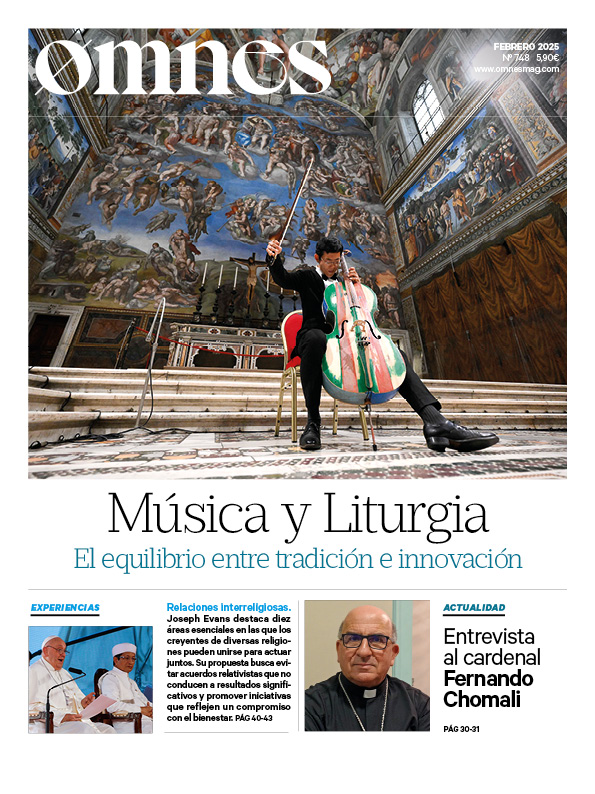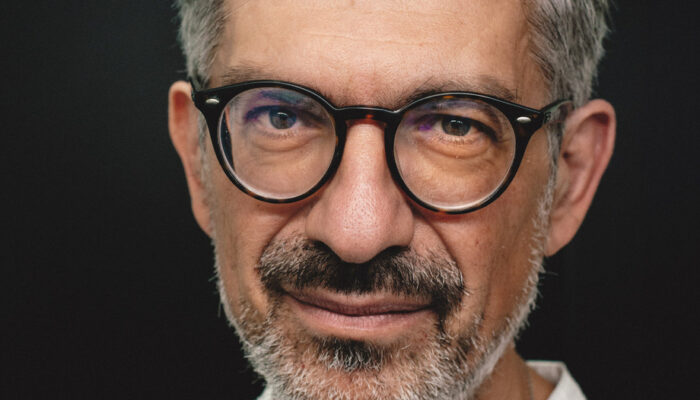Continuing with Mark's Gospel, we would have read the multiplication of the loaves for the benefit of the multitude, whom Jesus saw "like sheep without a shepherd" and who had nothing to eat. The choice of the liturgy is, instead, to expand the theological reflection on this episode; and so for five Sundays we read the sixth chapter of John, where, after the multiplication of the loaves, the discourse on the bread of life opens, a revelation that Jesus makes to us about the mystery of his presence in the bread that will give us, and with it, eternal life. The fact that the multiplication of the loaves and fishes is the only miracle recounted by the four Gospels, and that Matthew and Mark relate it twice, reveals a profound meaning: it is a decisive sign for understanding Jesus in his compassion for human suffering, and also in his plan to enter into communion with all humanity, throughout the centuries, through the Eucharist.
In John's account we notice that the crowd follows Jesus because he heals the sick. He goes up the mountain and sits there. The mountain was the place where God gave Moses the law, written on tablets of stone. When Jesus goes up a mountain he is preparing to give us something of the new law that he writes on hearts. The Passover is near: what Jesus is about to do is intimately related to the Passover of his future redemption. Jesus raises his eyes, as when he prays: looking at the poverty of men with his heart, it is like praying, and the Father hears him. He wants to involve Philip, and asks him how to feed these people, although he already knows what the solution will be. Jesus is also a teacher of the ability to collaborate. Philip and Andrew see things from the point of view of human strength: two hundred denarii, or five barley loaves and two fish, are not enough for anyone.
The resource comes from a child who spontaneously renounces his food: he gives all that is his. The Church needs the enthusiasm and folly of youth. We need the novelty of barley bread, which in spring is the first of the cereals to bear fruit. The place that Jesus has chosen is beautiful in the landscape, it is comfortable on the grass where all those people can sit. According to John, it is Jesus himself who distributes the bread after giving thanks, the prayer that gives the Eucharist its name. Perhaps the disciples help him: there are five thousand men, not counting women and children. But it is good to see that it is Jesus himself who gives us the bread. Surely the twelve gather the leftovers: a basket each. Thus they feel how much it weighs: thus it is engraved forever in their memory that God's generosity is superabundant, that the Eucharist is inexhaustible.







